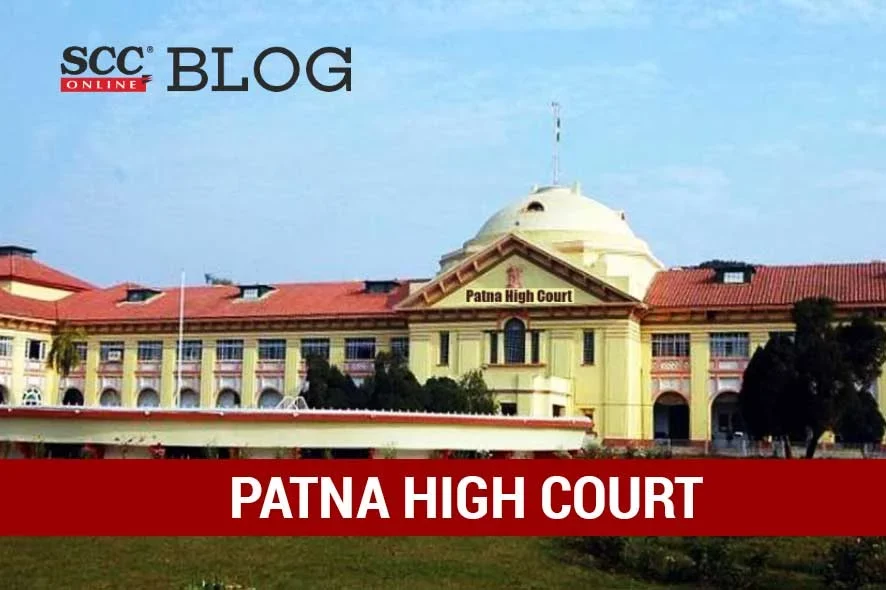Patna High Court: In a case wherein it was alleged that ‘caste’ and ‘gender’ were two separate identities of an individual and hence, the inclusion of transgender persons under the category of caste was violative of Articles 14, 15, 16 and 21 of the Constitution, the Division Bench of K. Vinod Chandran, C.J.*, and Partha Sarthy, J., opined that ‘transgender’ was not a caste identity and every individual, including those not conforming to the male/female gender classification, should be permitted self-determination. The Court also opined that though there was a mistake committed insofar as the group of people, who were ‘transgenders’ were included under the caste enumeration; the separate identification of the community and an enquiry into their socio-economic and educational status as a group, could only lead to welfare measures and the community being targeted for upliftment after verification of such collective social, economical, and educational status.
Background
In the present case, the rights of the transgender persons were asserted with reference to the Caste Survey of 2022, as carried out by the Government of Bihar. It was submitted that ‘caste’ and ‘gender’ were two separate identities of an individual and hence, the inclusion of transgender persons in Item No. 22 under the category of caste was violative of Articles 14, 15, 16 and 21 of the Constitution. It was further submitted that this effectively disentitles the transgender persons from the right to choose their gender identity, thus denying their right to self-determination which results in gross arbitrariness and was inconsistent with the fundamental rights guaranteed under the Constitution.
Analysis, Law, and Decision
The Court noted that in the list of castes, at Item No. 22, transgenders were included as among the 214 named castes. The Court also noted that the caste survey was initiated and continued by the State Government to ensure justice in development and to protect the interests of the marginalized and the downtrodden groups within society.
The Court observed that the transgenders had been seeking uplifting and equal rights, which could flow from the results of the survey, by framing appropriate welfare schemes to help such marginalized groups. The Court further opined that transgender was not a caste identity and every individual, including those not conforming to the male/female gender classification, should be permitted self-determination.
The Court noted the petitioner’s contention regarding expunging of ‘transgenders’ from the caste list and opined that this prayer might not survive since the caste survey was completed. The Court stated that the petitioner or anyone from the community would be entitled to make representation to the State Government, seeking not to reckon the transgenders as a caste.
The Court also opined that though there was a mistake committed insofar as the group of people, who were ‘transgenders’ were included under the caste enumeration; the separate identification of the community and an enquiry into their socio-economic and educational status as a group, could only lead to welfare measures and the community being targeted for upliftment after verification of such collective social, economic, and educational status. The intention was not to give benefits based on caste, but to identify communities with the caste as an indicator of the larger group of individuals; who would require measures for their social, economic, and educational upliftment, to ensure an equal status and decent living conditions, within the society.
[Reshma Prasad v. State of Bihar, 2023 SCC OnLine Pat 2675, decided on 18-08-2023]
Advocates who appeared in this case :
For the Petitioner: Sachina, Advocate
For the Respondent/s: P.K. Shahi ( AG)
*Judgment authored by: Chief Justice K. Vinod Chandran







